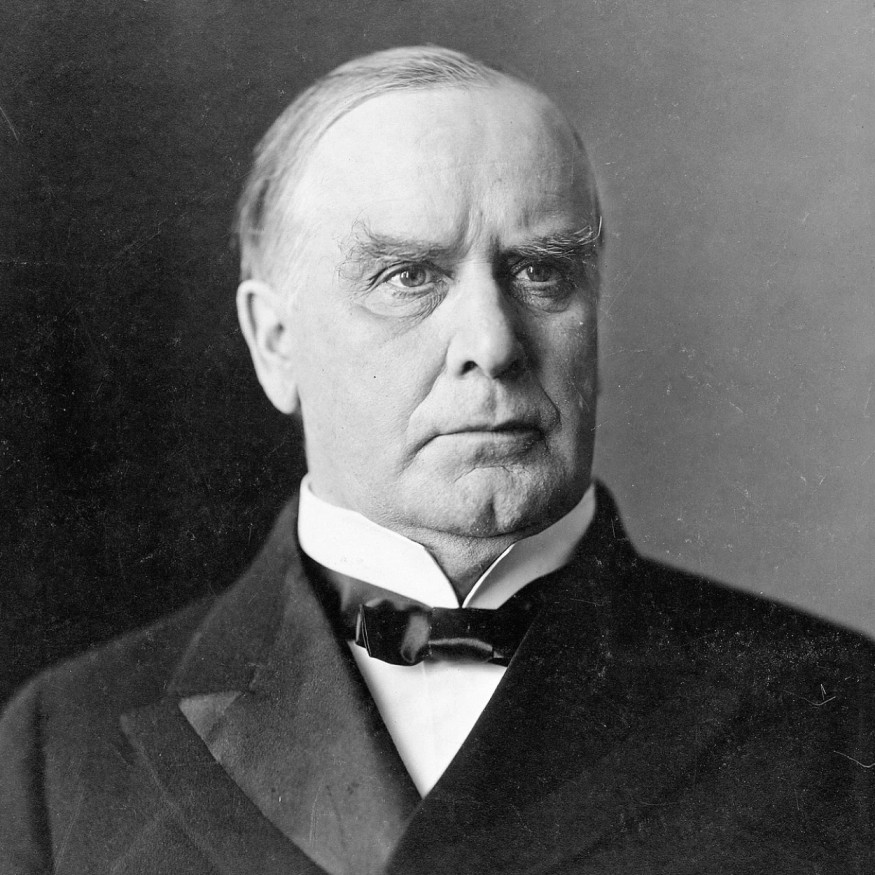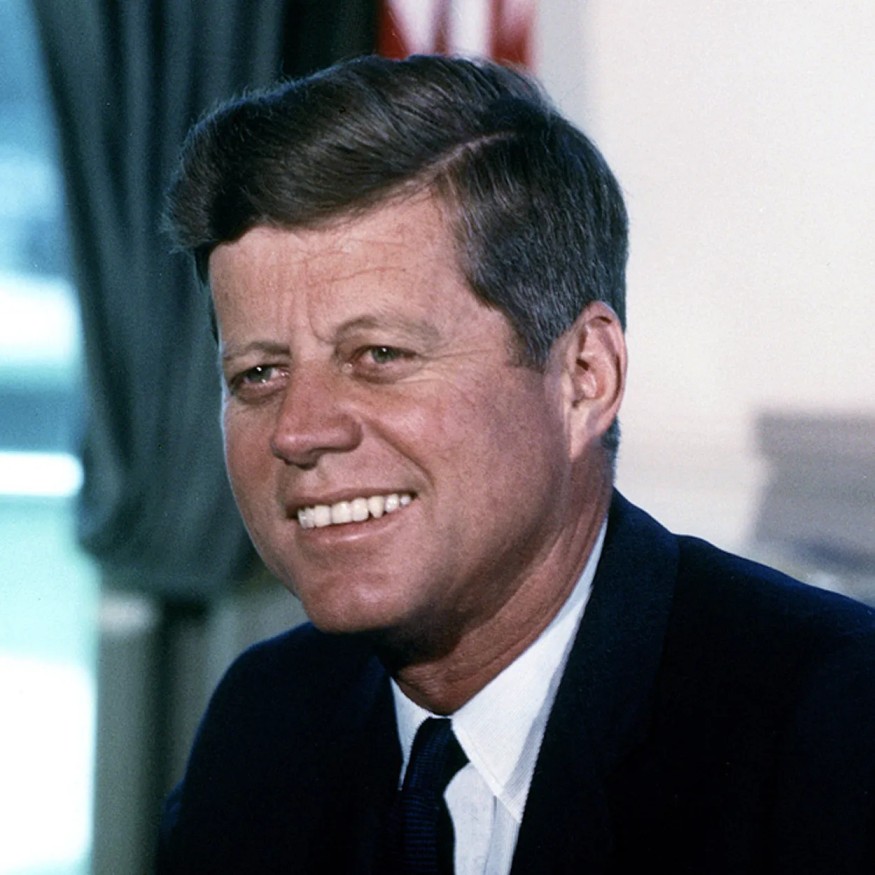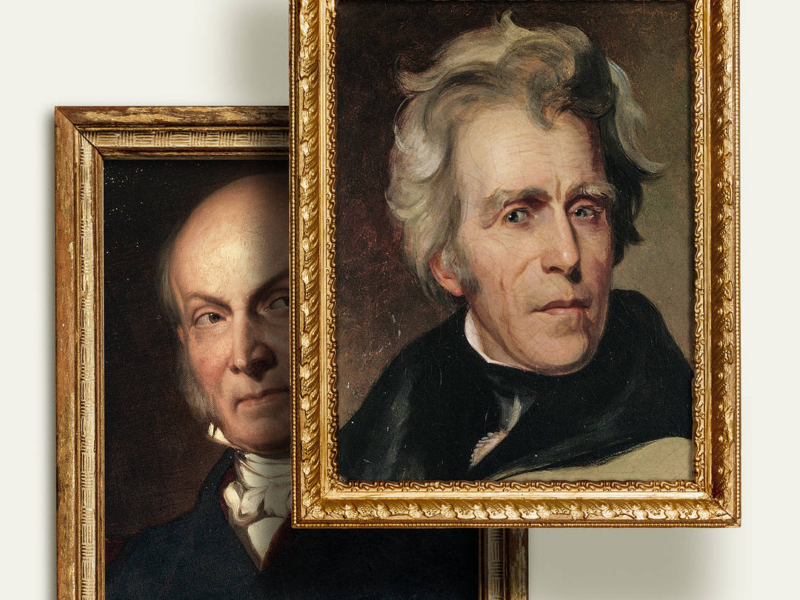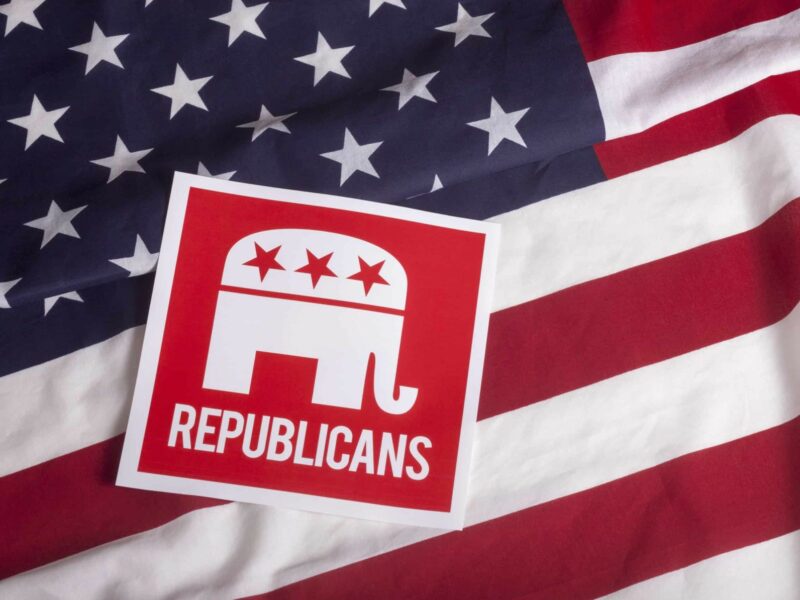How many US presidents have been assassinated? Four U.S. Presidents have been assassinated while in office. The history of the United States has been marred by the tragic assassinations of four of its Presidents. These acts of violence have left indelible marks on the nation’s collective memory, shaping not just the course of American politics but also its social and cultural landscape.
1. Abraham Lincoln – A Nation Mourns Its Leader

Abraham Lincoln, the 16th President of the United States, was the first U.S. President to be assassinated. The tragic event occurred on April 14, 1865, just days after the end of the Civil War. Lincoln was attending a play at Ford’s Theatre in Washington, D.C., when John Wilkes Booth, a well-known actor and Confederate sympathizer, shot him in the back of the head. Lincoln died the following morning, on April 15th. Booth’s motivation was to avenge the South’s defeat and to throw the government into chaos. He was killed by Union soldiers 12 days later.
2. James A. Garfield – A Presidency Cut Short

James A. Garfield, the 20th President, was shot on July 2, 1881, mere months into his presidency. Charles J. Guiteau, a disgruntled office seeker who believed he had played a significant role in Garfield’s election and deserved a reward, shot Garfield at the Baltimore and Potomac Railroad Station in Washington, D.C. Garfield endured a long and painful ordeal, succumbing to his wounds on September 19, 1881. Guiteau was captured immediately and later executed in June 1882.
3. William McKinley – A Symbol of a Changing Era

William McKinley, the 25th President, was assassinated on September 6, 1901, during his second term. He was attending the Pan-American Exposition in Buffalo, New York, when Leon Czolgosz, an anarchist, shot him twice in the abdomen. McKinley died eight days later, on September 14th, from gangrene caused by the bullet wounds. Czolgosz viewed McKinley as a symbol of oppression and believed his death would trigger a revolution. He was executed in October 1901.
4. John F. Kennedy – A Modern Tragedy

John F. Kennedy, the 35th President, was assassinated on November 22, 1963, in Dallas, Texas. Kennedy was riding in an open motorcade when Lee Harvey Oswald, a former Marine with pro-Soviet sympathies, shot him from the sixth floor of the Texas School Book Depository. Kennedy’s assassination remains one of the most shocking and debated events in modern history. Oswald was captured later that day but was shot two days later by nightclub owner Jack Ruby before he could stand trial.
The assassinations of these Presidents had profound impacts on the nation. Lincoln’s death came at a time when the United States was just emerging from the Civil War, and his leadership was crucial to the nation’s healing process. Garfield’s assassination led to reforms in the civil service system, as his death highlighted the dangers of the patronage system. McKinley’s assassination brought Theodore Roosevelt to the presidency, ushering in a new era of progressive policies. Kennedy’s assassination led to the passing of landmark civil rights legislation and remains a defining moment in the nation’s history, symbolizing the loss of innocence of the post-war era.
Each assassination brought immediate and long-term changes to American political life. Security measures for U.S. Presidents were drastically overhauled, with the Secret Service’s role in protecting the President being expanded and intensified. Politically, each assassination had significant repercussions, as new leaders took office and steered the country in different directions.
These assassinations also had a profound cultural impact, as each event was followed by national mourning and a period of reflection on American values and the nature of political discourse. They remain solemn reminders of the fragility of life, the burdens of leadership, and the often turbulent course of American democracy.
In sum, the assassinations of Lincoln, Garfield, McKinley, and Kennedy are not just footnotes in history; they are pivotal events that shaped the trajectory of the United States in significant ways. They remind us of the crucial role of leadership in navigating a nation through its most challenging moments and the importance of protecting those entrusted with that leadership.

